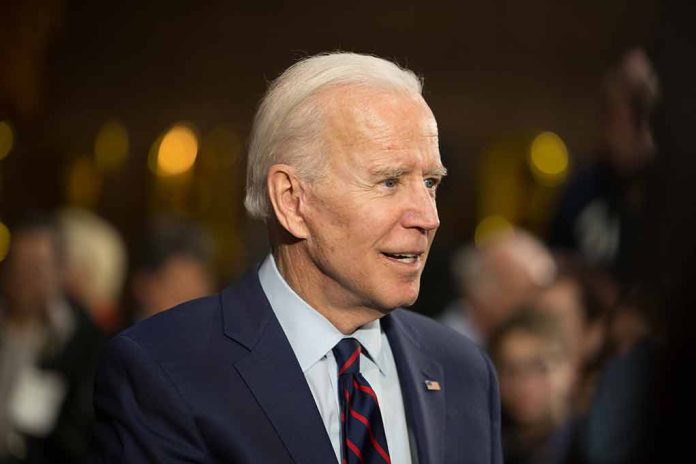
President Biden signed the Inflation Reduction Act into law on August 16, 2022. Originally marketed as a measure to reduce inflation, the Act has largely focused on addressing climate change. Critics argue that this pivot highlights a lack of transparency and shifts the legislative focus from pressing economic concerns to environmental initiatives. This raises questions about whether the administration is using economic relief as a pretext for environmental policies.
Biden’s admission that the Act has more to do with climate action than reducing inflation intensified scrutiny.
The Act represents the largest investment in clean energy and climate action in U.S. history. It promises to meet ambitious climate goals, strengthen energy security, create jobs, and make tax codes fairer.
Although these objectives are laudable, many Americans question if such extensive efforts are warranted under the guise of relieving inflation. The first year of the Act has seen the creation of over 170,000 clean energy jobs and substantial investments in clean energy manufacturing, but economic relief remains a debated benefit.
Impacts on American Families and the Economy
Projected to create 1.5 million jobs over the next decade, the Act also aims to reduce greenhouse gas emissions by approximately 1 billion tons by 2030. Despite these benefits, critics remain wary of its immediate impact on American families facing economic challenges.
Nearly 15 million people are experiencing savings on health insurance premiums, and Medicare beneficiaries benefit from caps on insulin costs. However, these are secondary benefits overshadowed by the primary focus on climate change.
President Biden’s transparency in the Act’s shifting focus has led to intensified political and public debate. While clean energy initiatives are critical for long-term sustainability, the urgency of economic challenges cannot be overstated. Critics argue that the administration’s actions reflect a misalignment with the pressing needs of many Americans experiencing inflation and economic instability.
When I think of climate change, I think of jobs.
And a new report shows that since I signed the Inflation Reduction Act, we are creating over 330,000 of them in the clean energy sector.
I'll continue to fight for lower energy costs and an economy that benefits everybody.
— President Biden (@POTUS) August 15, 2024
Conclusion: Balancing Priorities
Balancing environmental goals with immediate economic relief remains a contentious issue. The Inflation Reduction Act’s emphasis on climate action, while aiming for long-term benefits, provokes critical questions about the administration’s transparency and prioritization of pressing economic issues.
“One year ago, on August 16, 2022, President Biden signed the Inflation Reduction Act into law – the largest investment in clean energy and climate action ever.”
The national discourse will continue to evolve as the impacts of the Inflation Reduction Act unfold. Transparency and alignment with public needs remain critical in any legislative process.













